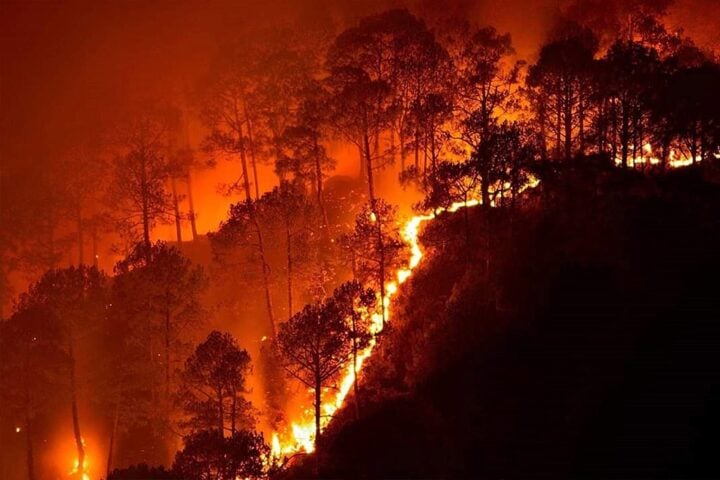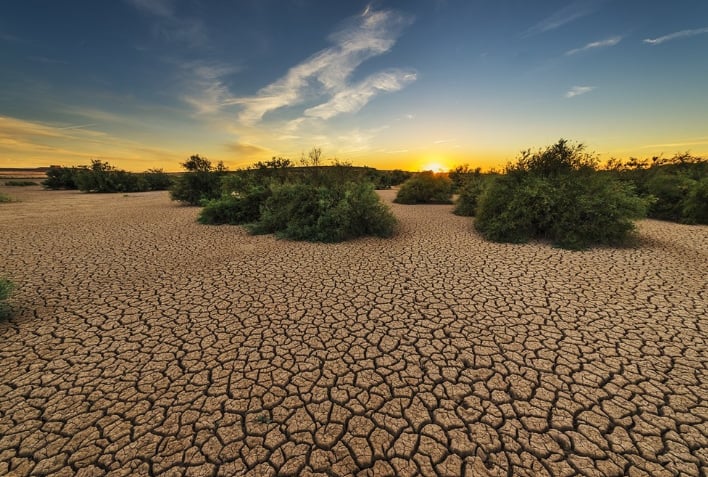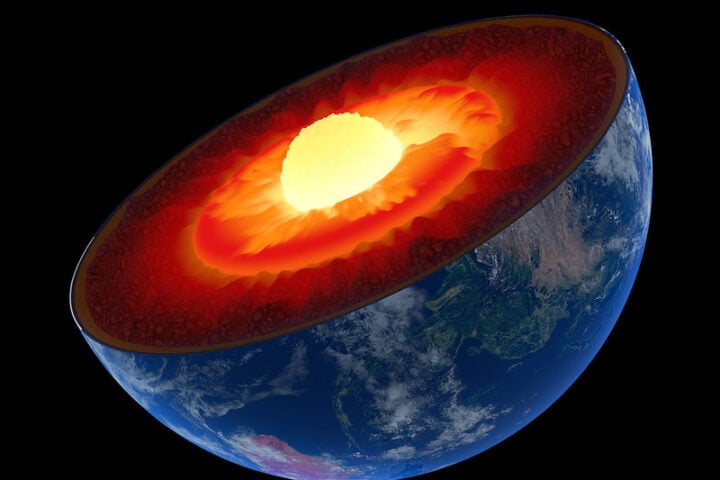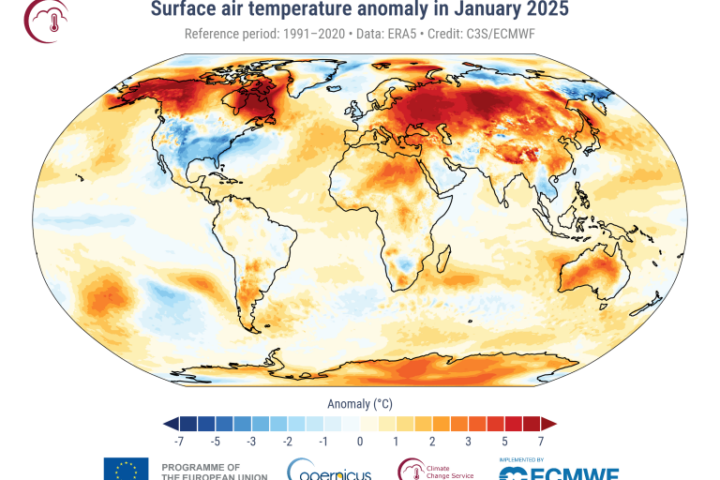One of the worst climate changes was felt last year. Last year was Earth’s warmest by far in a century and a half. Global temperatures started blowing past records midyear and did not stop. June was the planet’s warmest June on record. It was followed by July, the warmest July. And so on, all the way through December.
Temperatures worldwide, averaged across last year, were 1.48 degrees Celsius higher than they were in the second half of the 19th century. This was announced by the European Union’s climate monitor on Tuesday. That was warmer by a sizable margin than 2016, the previous hottest year.
It comes as no surprise to climate scientists that unabated emissions of greenhouse gases caused global warming to reach new highs. Whether 2023 foretells many more years in which heat records are not merely broken, but smashed, is the subject of curiosity for researchers. They are asking, in other words, whether the numbers are a sign that the planet’s warming is accelerating.
Similar Posts
2023 also appears to be among the warmest years in at least 100,000 years, when scientists combine their satellite readings with geological evidence on the climate. Carlo Buontempo, director of the Copernicus Climate Change Service of the EU (European Union), confirmed this fact at a news briefing. He said, “There were simply no cities, no books, agriculture, or domesticated animals on this planet the last time the temperature was so high.”
An extra thermodynamic fuel is represented by every tenth of a degree of global warming that intensifies heat waves and storms, adding to rising seas and hastens the melting of glaciers and ice sheets. Last year witnessed those effects. Iran, China, Greece, Spain, Texas, and the American South were baked last year. The most destructive wildfire season was recorded by Canada. Less sea ice formed around the coasts of Antarctica, in both summer and winter, than ever measured.
The climate scientists are baffled by this upward swing in temperatures worldwide. The way forward is to reduce emissions and move to renewable sources, according to experts. IMD (Indian Meteorological Department) said that last year was the second-warmest on record for India since 1901.
2024 is also likely to be a hot year, according to the WMO (World Meteorological Organization), due to the ‘El Niño’ effect.


















